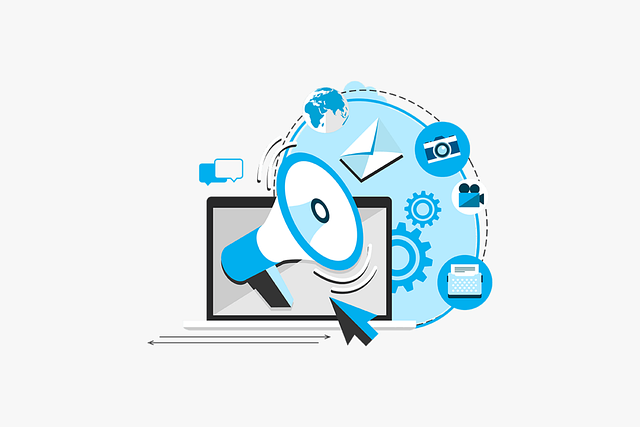Influencer partnerships have evolved into a potent strategy for expanding brand reach, building credibility, and fostering thought leadership within niche industries. As B2B audiences increasingly seek authentic voices and expert insights, collaborating with industry influencers offers a unique opportunity to connect with target audiences, drive engagement, and generate qualified leads. Let’s delve into the latest trends and strategies shaping B2B influencer partnerships and how businesses can leverage them for optimal results.
Micro-Influencers and Niche Expertise: While mega-influencers have traditionally dominated the influencer landscape, the trend in B2B marketing is shifting towards micro-influencers with niche expertise and highly engaged audiences. Micro-influencers, often industry professionals, analysts, or subject matter experts, possess a deep understanding of specific domains and command trust and authority within their communities. Collaborating with micro-influencers allows B2B brands to tap into targeted audience segments, drive authentic engagement, and leverage specialized knowledge to address niche pain points and industry challenges.
Employee Advocacy and Internal Influencers: Employee advocacy programs are gaining momentum as organizations recognize the value of leveraging internal talent as brand advocates and influencers. Employees, particularly those in customer-facing roles or with domain expertise, can serve as powerful ambassadors for the brand, sharing insights, thought leadership content, and success stories with their professional networks. By empowering employees to become advocates, B2B brands can amplify their reach, humanize their brand identity, and cultivate trust and authenticity among prospects and customers.
Long-Term Relationships and Co-Creation: Building long-term relationships with influencers based on mutual trust, shared values, and strategic alignment is becoming increasingly important in B2B influencer marketing. Rather than one-off campaigns, brands are investing in sustained partnerships with influencers, collaborating on co-created content, thought leadership initiatives, and joint events. By involving influencers in the ideation and creation process, brands can tap into their unique perspectives, insights, and storytelling abilities to produce authentic, compelling content that resonates with target audiences over time.
Authenticity and Transparency: Authenticity and transparency are paramount in B2B influencer partnerships, as audiences gravitate towards genuine, relatable content and experiences. B2B brands and influencers must maintain transparency regarding sponsored content, disclosures, and any material relationships to uphold trust and credibility with their audiences. Authenticity can be fostered through genuine engagement, honest dialogue, and a commitment to delivering value-driven content that educates, inspires, and empowers target audiences within the B2B ecosystem.
Data-Driven Performance Measurement: Measuring the effectiveness and impact of B2B influencer partnerships requires a data-driven approach that goes beyond vanity metrics to assess real business outcomes and ROI. B2B marketers are leveraging advanced analytics tools, attribution models, and performance metrics to track engagement, lead generation, conversion rates, and pipeline velocity attributed to influencer collaborations. By aligning influencer marketing KPIs with broader business objectives, brands can optimize their strategies, allocate resources effectively, and demonstrate tangible results to key stakeholders.
Conclusion: B2B influencer partnerships represent a dynamic and evolving frontier in marketing, offering brands the opportunity to amplify their reach, build trust, and drive meaningful engagement within niche industries and target markets. By embracing trends such as micro-influencers, employee advocacy, long-term relationships, authenticity, and data-driven measurement, B2B marketers can harness the power of influencer marketing to differentiate their brand, elevate thought leadership, and drive business growth in today’s competitive landscape.



